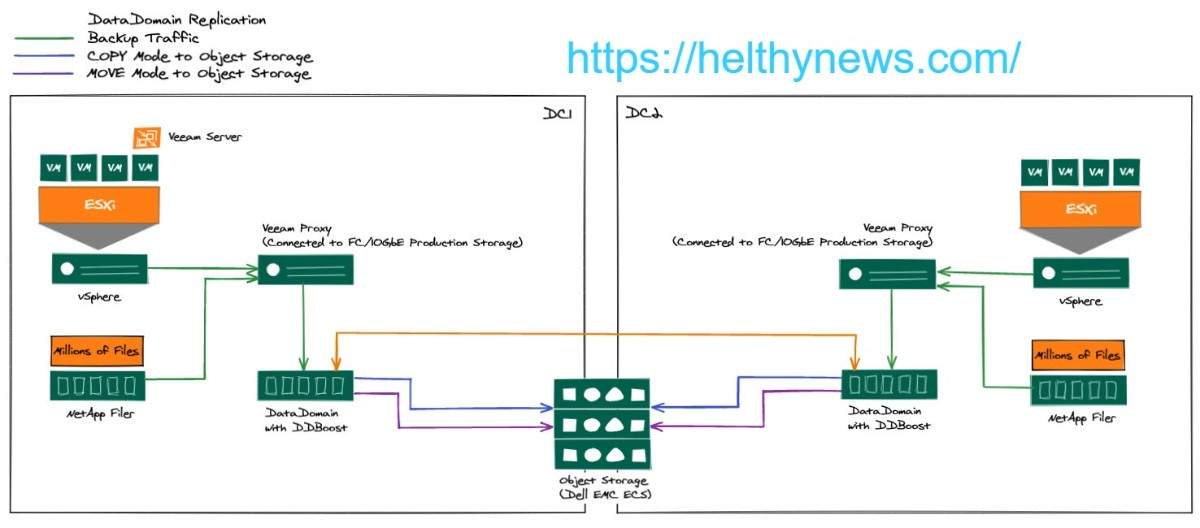In the ever-evolving landscape of generation and commercial enterprise operations, Robotic Process Automation (RPA) has emerged as a transformative force, streamlining repetitive responsibilities and decreasing human blunders.
Introduction
However, the capacity of RPA extends a long way beyond mere challenge automation. The integration of cognitive capabilities with RPA, known as Cognitive Automation, is shaping the destiny of business processes and opening new realms of efficiency and innovation.
The Evolution of RPA: From Repetition to Cognition
Traditional RPA generally targeted automating habitual, rule-primarily based tasks. These duties were typically time-ingesting, error-inclined, and required minimum decision-making. RPA answers successfully mimicked human moves, allowing the rapid execution of strategies across various industries. The preliminary fulfillment of RPA laid the foundation for a paradigm shift toward cognitive automation.
Cognitive Automation combines RPA with cognitive technology like Artificial Intelligence (AI) and Machine Learning (ML). This fusion allows RPA structures to apprehend, learn, and adapt to greater complex situations, blurring the line between ordinary obligations and cognitive selection-making procedures.
The Power of Cognitive Automation
Cognitive Automation infuses intelligence into RPA, empowering bots to deal with unstructured information, adapt to dynamic situations, or even carry out reasoning and gain knowledge of responsibilities. The capability programs of Cognitive Automation are great:
Data Extraction and Analysis
Cognitive bots can examine unstructured facts from sources inclusive of emails, files, and social media. This lets in for better choice-making primarily based on insights extracted from a much broader range of records.
Natural Language Processing (NLP)
Bots ready with NLP can recognize and respond to human language, facilitating customer interactions, employee queries, and sentiment evaluation.
Predictive Analytics
Cognitive bots can leverage historic records and patterns to make predictions, allowing companies to assume market trends, patron behavior, and capability risks.
Enhanced Customer Engagement
Cognitive bots can provide personalized tips, troubleshoot problems, and provide spherical-the-clock aid, improving consumer delight and loyalty.
Dynamic Process Adaptation
Unlike conventional RPA, cognitive bots can regulate their tactics based totally on changing situations, enabling them to deal with exceptions and facet instances extra efficaciously.
Overcoming Challenges and Ethical Considerations
Despite its capability, the combination of cognitive competencies in RPA provides demanding situations. Ensuring facts privacy, keeping transparency in selection-making, and addressing bias in AI algorithms are vital concerns. Organizations ought to strike a balance between automation and human oversight, as well as put money into training to upskill their team of workers to manipulate these advanced technologies.
Ethical issues also come to the forefront. The use of AI and automation can lead to process displacement. However, it is important to understand that at the same time as a few jobs may be automated, new roles centered around designing, imposing, and overseeing these structures will emerge. A well-managed transition can cause extra productive and innovative staff.

The Road Ahead: Embracing Cognitive Automation
To harness the capacity of cognitive automation, companies want to adopt a strategic method:
Identify Opportunities
Businesses should pick out procedures that can gain from cognitive talents. These may encompass complicated decision-making duties, statistics evaluation, and patron interactions.
Invest in Skill Development
Workforce development is important. Organizations must invest in upskilling personnel to paint along cognitive bots, focusing on regions that require human creativity, empathy, and important thinking.
Ethical Frameworks
Establish clear ethical tips for the usage of AI and automation. Ensuring transparency, equity, and duty in selection-making tactics is paramount.
Collaborative Integration
Effective cognitive automation requires collaboration between IT, operations, and commercial enterprise units. Cross-purposeful groups can make certain that automation aligns with strategic goals.
Continuous Learning
AI and automation technologies are swiftly evolving. Organizations must live up to date on modern-day advancements and adapt their techniques thus.
Conclusion
In the end, the future of RPA lies now not simplest in streamlining repetitive responsibilities but additionally in enhancing cognitive capabilities. Cognitive Automation guarantees to revolutionize industries by way of permitting bots to understand, learn, and make knowledgeable choices. While challenges exist, a thoughtful and ethical technique to adoption can cause progressed performance, innovation, and task pleasure. As we adventure beyond repetition, the fusion of RPA and cognitive technology will surely form the manner organizations operate in the future years.















Leave a Reply